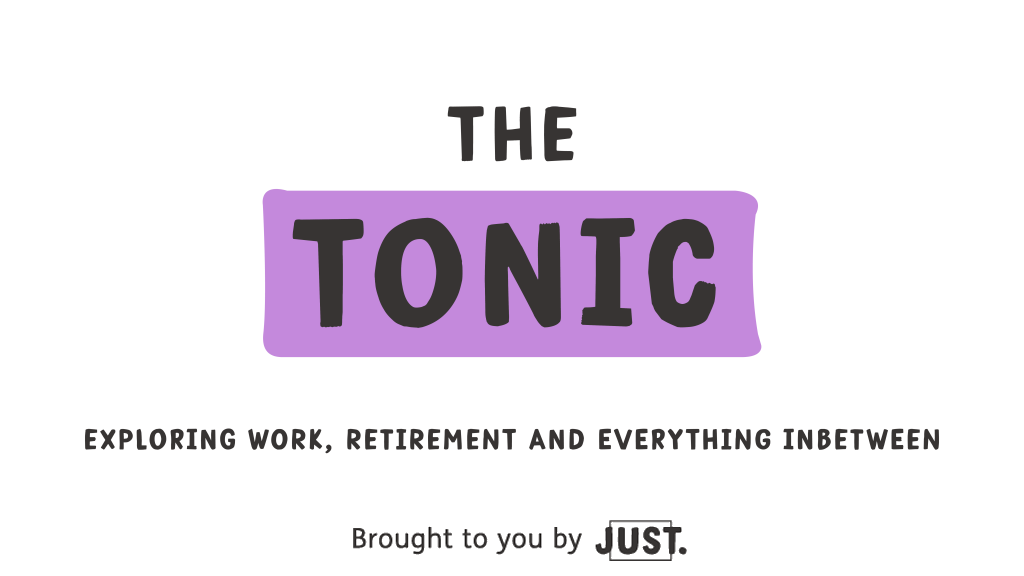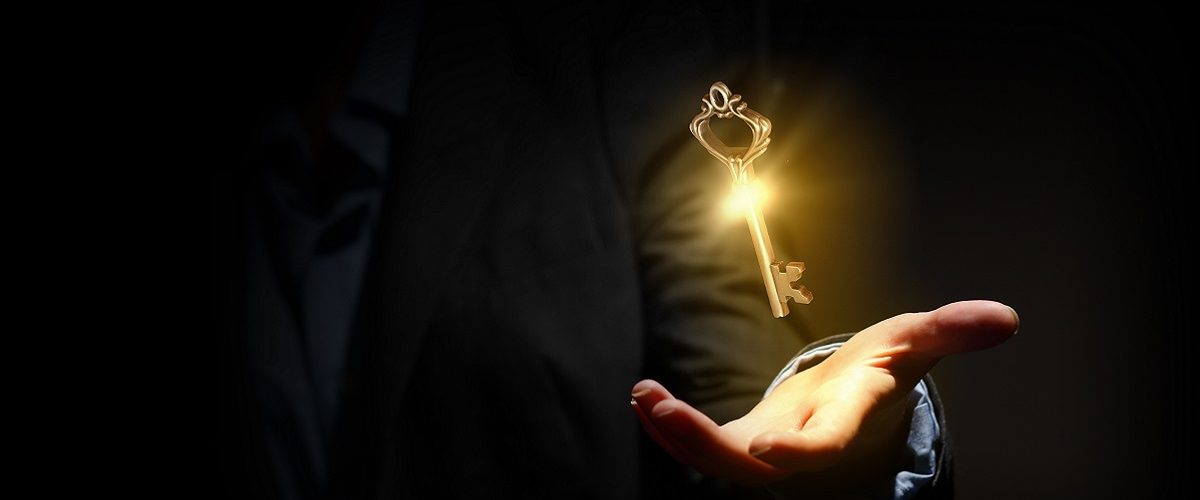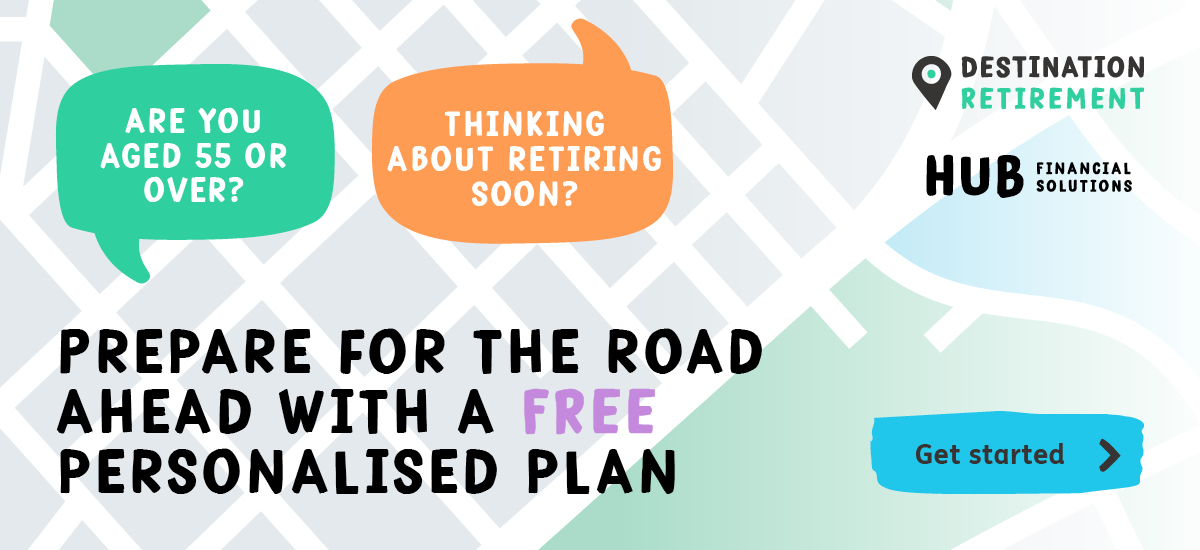Making a ‘death file’ before you die is a real kindness to those you leave behind. They’ll be sad enough as it is – the last thing they’ll need to do on top of that is clear up your mess.
My mum, although reasonably tidy by nature, had never really been that organised. She kept every single paper bill, thinking she might need it at some point in the future. She also collected ‘stuff’ – clothes mainly – in an almost magpie-like fashion.
Mum loved rummaging in charity shops and, whenever I visited, she’d always have ‘found’ me something. Her wardrobe was full of beautiful items of clothing that neither fit nor suited any of her relatives or friends: she’d buy things because they were “oooh, silk!” or “ahhh – cashmere,” or because it was pretty. Truly believing that one day she’d match them to someone.
I was quite surprised, therefore, when I discovered that, after her untimely demise in 2009 at the age of 68, there were no towering piles of paperwork and no secret stash of precious treasures. Mum had had a clear-out.
Her admin was more organised than I expected
It was strange because she’d never mentioned doing it. When I used to ask her on the phone what she was up and she said “oh, you know, just going through some bills” or “just sorting out my wardrobe”, I didn’t pay much attention. I thought she was having a tiny tidy, not a permanent purge.
She must have known psychically that her death was imminent because, in 2005, two years before her bone and breast cancer diagnosis, she decided to leave the house in Basingstoke where she’d lived for 40 years and move somewhere random. That random place was the Isle of Wight – and I say it was random because she’d only visited it once before.
“Why there?” I asked at the time.
Mum shrugged and said: “Dunno – I went there about 20 years ago, and it seemed quite nice.”
So she sold up and made her way swiftly across the Solent.
Also in the bureau was a box file. I knew what was in it before I opened it: all her important documents.
She wasn’t a stranger to spontaneous decisions. A few years previously, she decided it might be fun to live in Spain. She liked to paint and thought the scenery and people would be colourful. She randomly – again – picked Nerja (she’d never been there before – it was a matter of sticking a pin in a map) and off she flew. Six months later, she was back. She rarely explained why she did what she did; she just did it. As a private person she had a dislike of nosiness, so she didn’t tell – and I didn’t ask.
After her demise, while sorting through some letters and postcards I found in her little oak bureau, I discovered a few from a man with a Spanish name. I decided not to read them.
Also in the bureau was a box file. I knew what was in it before I opened it: all her important documents.
Wiping things clean
My daughter and her boyfriend had come with me to help clear the small rented house in Freshwater Bay. Her clothes were hanging neatly in the wardrobe; in her chest of drawers, her underwear was folded. Everything was in its place.
In the spare room – “the office”– her clunky old laptop stood cold and dusty after not being used for the two months she’d been in the hospice.
“Do you want me to hack into this?” asked my daughter’s boyfriend.
I thought for a few seconds. “Can you just wipe it?” I asked, not referring to the dust.
“Seriously?” He seemed surprised.
I thought for a few more seconds. “Yes,” I said. “Seriously.”
It seemed like the right thing to do. We did the same with her little Nokia phone.
Wiping the devices made me think about how I felt about the thought of someone going through my computer and phone after I was dead and gone. Was there anything there that I didn’t want anyone to see? I checked and, as I did so, deleted a few files. I felt better for doing it, almost as if I’d Hoovered my brain; clearer of mind and lighter of body.
…it made me think about someone going through my computer and phone after I was dead
Years later, when reading about the gentle art of Swedish Death Cleaning (which is basically sorting out ALL your s**t to make life easier for others once you’ve passed), I remembered the wiping of my mum’s Dell and wondered if I’d accidentally erased anything important. I reckoned that, if my own computer-cleansing moment had been anything to go on, I probably hadn’t.
Time I got organised
I live alone now and, same as Mum, I like it that way. My flat by the sea is as neat as can be, but I’ve yet to make a ‘death file’. My mum, despite being orderly with her belongings and despite the box file of important documents, hadn’t made a will. I’ve not made one either.
Making a will is an admission that you are, indeed, going to die and a written acceptance that this could happen at any time. My mum didn’t want to admit that – and, now, nor do I. It’s on my ‘to do’ list though, just as it was on hers.
Making a will is an admission that you are, indeed, going to die
Some people reckon you should leave all your passwords with a close friend or relative but I’m not going to bother with that. When I get wiped, let my devices be wiped too.
But making a folder for after you’ve gone is a sensible idea though: if you do this, make sure that a few people know where it’s kept. Having all your important documents in one place will make life a whole lot simpler for those you’ve left behind.
We all want our passing to be painless for all concerned. When it comes to losing someone, there’s grief and then there’s GRIEF. The last thing we want is for our loved ones to sift through stacks of old electricity bills and wade through mountains of clothes, once precious but which mean nothing now you’re no longer in them.
10 things to put in your death file
- Your Last Will and Testament. If you’ve not made one yet, do it NOW! Any solicitor will advise you on this.
- Your wishes with regards to organ donation. The UK now has an opt-OUT service. Contact NHS Organ Donations for more info.
- The name of the solicitor you wish to manage your post-life affairs.
- Funeral plan. This will state your funeral preferences – i.e. whether you wish to be buried or cremated and which funeral company you wish to use. The plan can also mention the place you’d like to be buried or where you’d like your ashes to be scattered. (Do not say you want to be buried at sea or launched into space – trying to arrange that could push your already overloaded loved ones right over the edge!)
- A basic obituary. Just in case someone wants to write an obituary for you, list some basic details: date of birth, where you grew up, countries you visited, places you worked, etc.
- Birth, marriage and divorce certificates. If you don’t have these, perhaps order them now to add to your file.
- Instructions on how you want your digital legacy managed. Include passwords for your phone and computer if you think they’ll need to be accessed. You may want to turn your profile pages on social media into digital gravesides by making them tribute sites. (If you don’t want that – and many don’t as they think it’s tacky – make that clear. It’s the sort of thing people do automatically these days.)
- Life insurance documents. Get copies if you can’t find the originals.
- Any instructions with regards to your belongings. Perhaps you want to gift your jewellery or other items: if so, make a list.
- Details of provisions for any dependents. If you have young children, for example, you may want to appoint a guardian should you die before they reach adulthood. Consider pets too.
- Personal letters to your loved ones. Write from the heart, as these letters will be very special to those you leave them to and will be read and re-read for many years to come.





Add comment